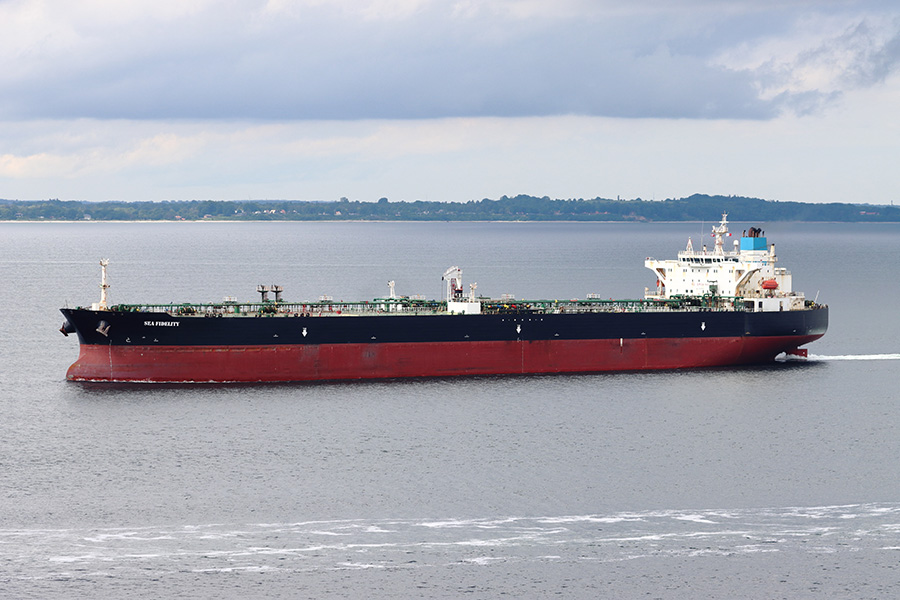The Ted Stevens Center for Arctic Security Studies convenes monthly meetings of its
National and Arctic Interest Chairs. The meetings are a platform for TSC-affiliated Arctic
security experts to discuss issues of common interest.
The May 14 meeting focused on maritime issues, including a discussion about the Arctic
impacts of Russia’s shadow fleet and new Executive Orders on U.S. maritime policy.
Recently, the EU announced new sanctions targeting roughly 200 oil tankers involved in
evading limits on Russian oil exports. Vessels associated with this shadow fleet are
questionable seaworthiness, operate with transponders off, and often do not carry
appropriate insurance. These vessels continue to operate in the Baltic and North Seas,
usually beyond territorial waters, drawing condemnation from the U.S. and its Arctic allies
for risky operations and the lack of transparency. The TSC chairs noted the lack of formal
maritime enforcement mechanisms to address non-compliance with international maritime conventions and related provisions such as the IMO Polar Code when ships operate in international waters. These regulations seek to mitigate the risk posed to overall
transportation and sea life in the Arctic.
The Chairs also discussed U.S. Executive Orders directed at improving maritime dominance, such as increasing shipbuilding capacity and developing icebreaking capabilities. The discussion highlighted the role allies and partners can play in support of US maritime capabilities, such as through commercial procurement of appropriate vessels or increased joint law enforcement patrols.
The National and Arctic Interest Chairs program is a way for the TSC to integrate national
Arctic security networks as well as distinguished subject matter experts to advance a
common understanding of Arctic security and best practices for Arctic security and defense. The Chairs include representatives from Norway and Sweden as well as Chairs from the U.S. Coast Guard and the Alaska National Guard and a Chair for Polar Governance.

